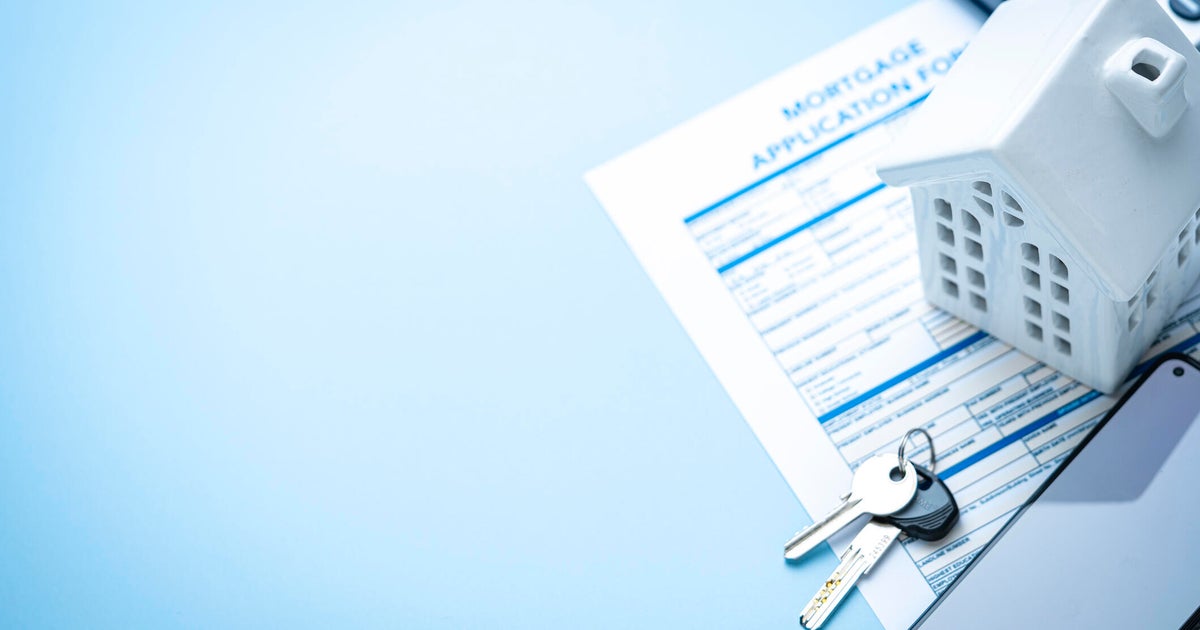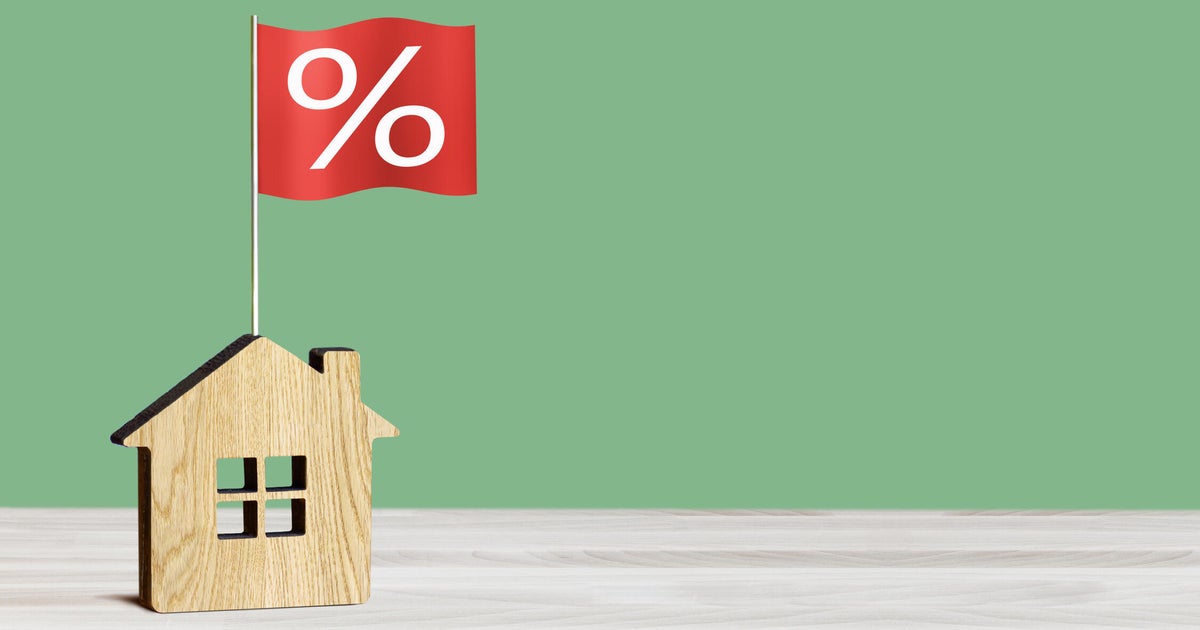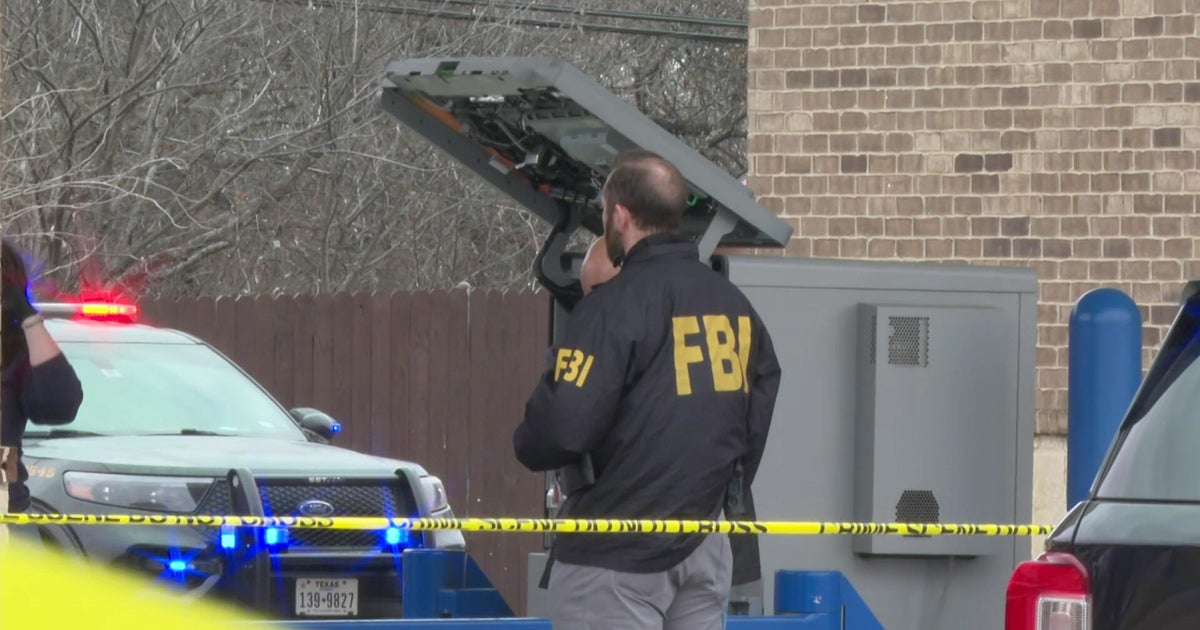Federal Reserve hikes interest rate, citing "strong" economy
The Federal Reserve on Wednesday raised a key interest rate for the third time this year, indicating the central bank's view that the economy is on solid ground.
"Job gains have been strong, on average, in recent months, and the unemployment rate has stayed low. Household spending and business fixed investment have grown strongly," the Fed's rate-setting body said in a statement that used a variant of the word "strong" five times.
Fed policymakers have upgraded their assessment of the economy, now predicting that GDP growth would hit 3.1 percent for the year, according to newly release projections. In the long term, however, they expect growth to slow to 2 percent and drop further after 2021. The Fed also expects the unemployment rate next year to dip to 3.5 percent -- that would be the lowest jobless rate since 1969.
"As the year has gone on, the economy has come in stronger than we expected," Fed Chairman Jerome Powell told reporters Wednesday afternoon, saying tax cuts and high government spending have boosted growth.
The Fed's target federal funds rate is now between 2 and 2.25 percent. This is the eighth time the Fed has hiked rates since it started to raise them in late 2015. Most economists expect the Federal Open Market Committee to again hike rates again in December.
"The Fed continues to be very much focused on strong domestic conditions and neither trade concerns nor recent emerging market turbulence affected today's decision," Robert Sierra, director at Fitch Ratings, said in a research note.
Speaking to reporters, Powell played down the budding trade war between the U.S. and China and other countries, saying the Fed has yet to see an impact on consumers, but he warned that it could eventually push up prices.
"You could see retail prices moving up, you don't see it yet," he said. "The tariffs might provide a basis for companies to raise prices in a world where they've been unable to."
Powell also noted that interest rates, though they're rising, remain at historic lows. "The cost of borrowing is going up," he said, "but it's going up from what were extraordinarily low levels."
Despite Powell's optimistic tone about the economy, investors decided to sell shares in late trading Wednesday, after the chairman spoke. The Dow Jones industrials slipped 0.4 percent, the S&P 500 lost 0.3 percent and Nasdaq closed 0.2 percent lower. For the Dow industrials, that was a 200-point swing from just after 2 p.m. ET to the close at 4 p.m.



